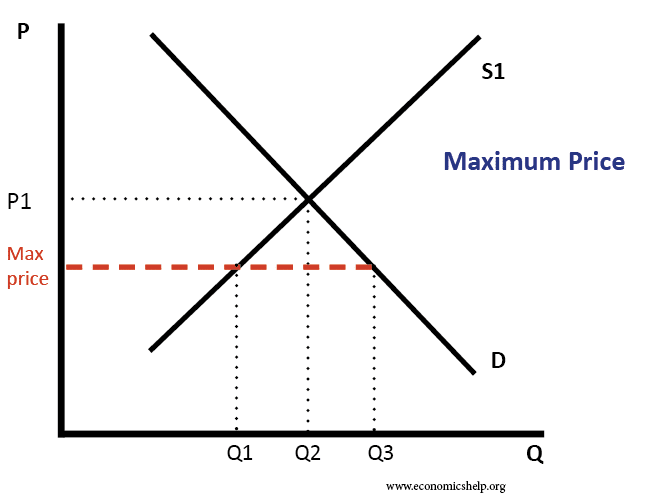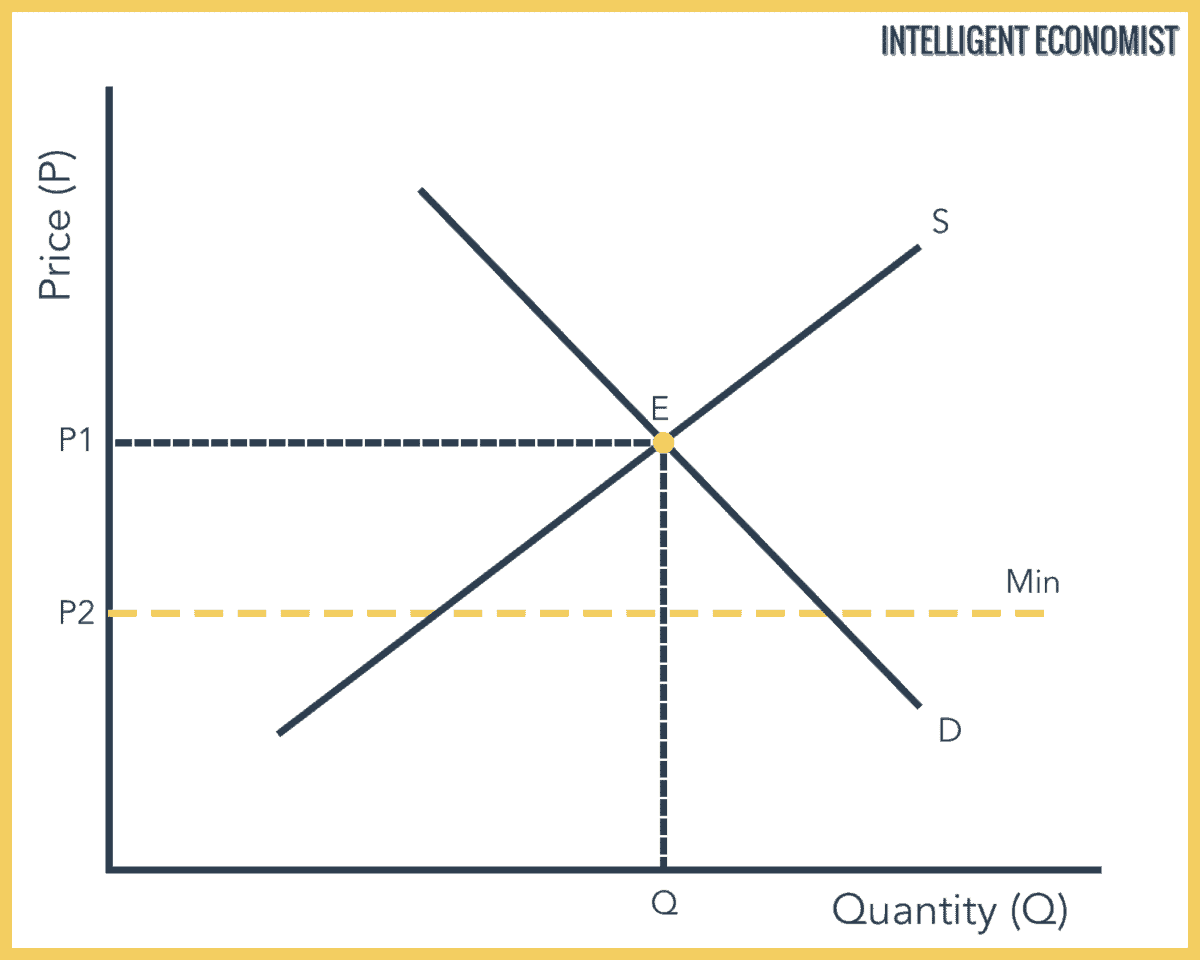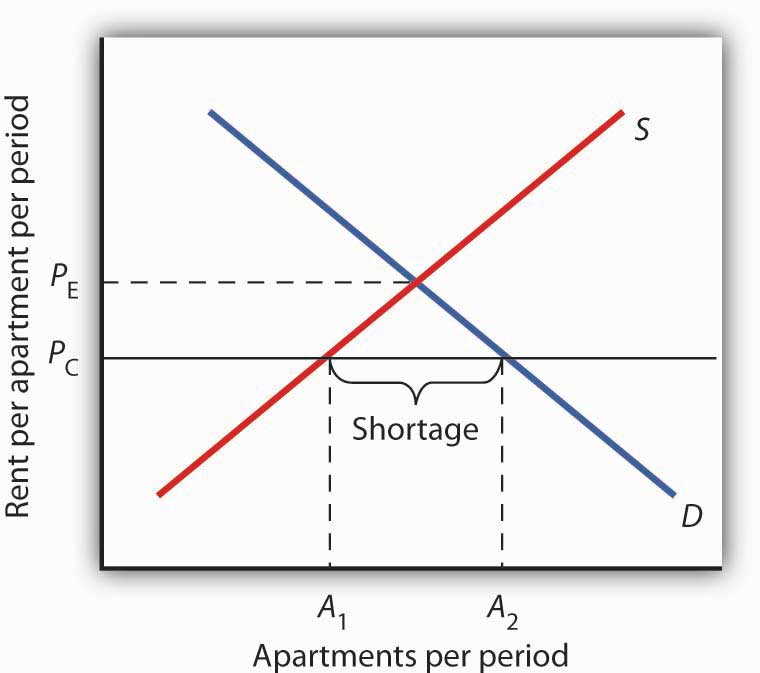Define Price Floor In Economic Terms
Price floor is a price control typically set by the government that limits the minimum price a company is allows to charge for a product or service its aim is to increase companies interest in manufacturing the product and increase the overall supply in the market place.
Define price floor in economic terms. This term to describe an economic deficiency. Price ceiling has been found to be of great importance in the house rent. Price floor is a situation when the price charged is more than or less than the equilibrium price determined by market forces of demand and supply. This control may be higher or lower than the equilibrium price that the market determines for demand and supply.
The equilibrium price commonly called the market price is the price where economic forces such as supply and demand are balanced and in the absence of external. It has been found that higher price ceilings are ineffective. The opposite of a price ceiling is a price floor which sets a minimum price at which a product or service can be sold. A price floor must be higher than the equilibrium price in order to be effective.
Price floor has been found to be of great importance in the labour wage market. It will provide key definitions and examples to assist with illustrating the concept. This lesson will discuss the economic concept of the price floor and its place in current economic decisions.









/QuantitySupplied2-98c4fd9fe04e4ec78318d9dd87f2c93e.png)





:max_bytes(150000):strip_icc()/WhyYouCantInfluenceGasPrices3-257334e47bc54cd7a449da9df90814af.png)


